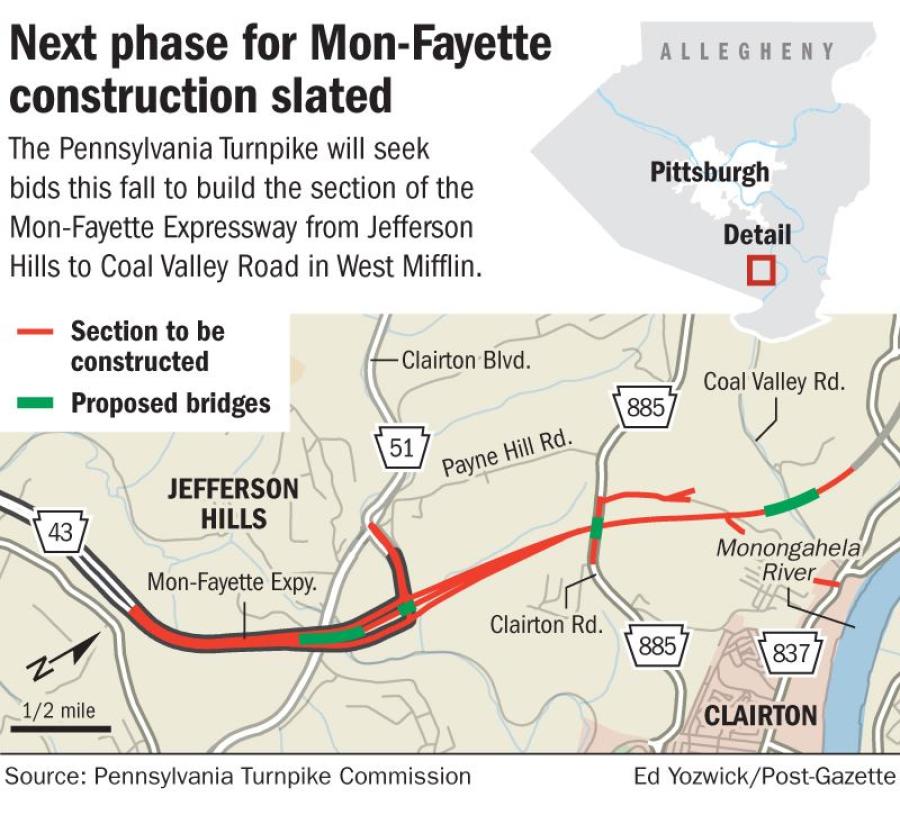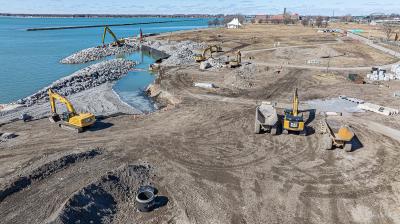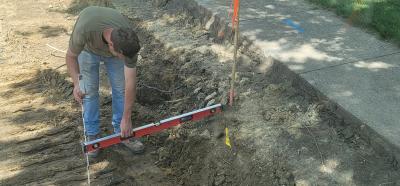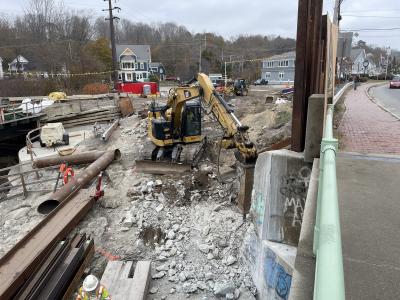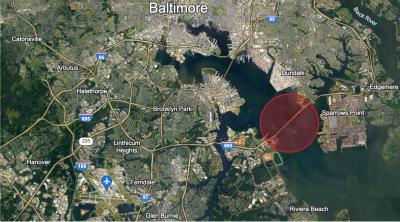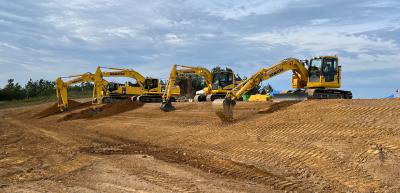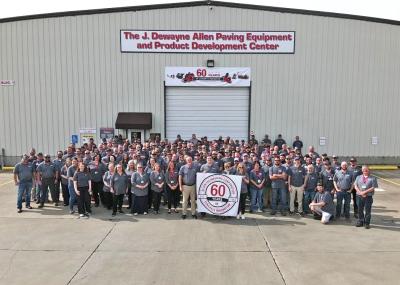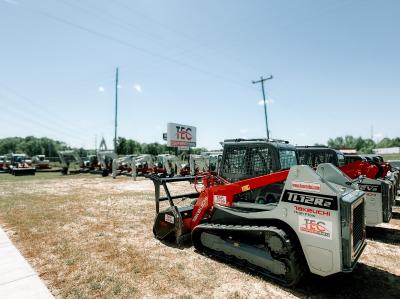When construction gets under way in 2023 on southwestern Pennsylvania's Mon-Fayette Expressway, the new roadway will provide more than a new travel connection for residents of the Monongahela Valley.
As reported by the Pittsburgh Post-Gazette Oct. 10, the new toll road, designed to run between Jefferson Hills and Duquesne, will serve as a test bed for innovative transportation construction techniques that could use noise reduction walls to reduce pollution and produce electricity from traffic-generated road vibrations for road signs, among other goals.
The Pennsylvania Turnpike, which is building the Mon-Fayette toll road first discussed in the 1960s, approved a $2.7 million agreement in early October with the University of Pittsburgh for a series of pilot projects during the highway's construction, the Post-Gazette reported.
Turnpike engineers have been working for the past 18 months with the Impactful Resilient Infrastructure Science and Engineering (IRISE) consortium, based at Pitt's Swanson School on Engineering, to select the projects.
"We were looking for something that's actually doable and not some pie-in-the-sky kind of thing," explained Julie Marie Vandenbossche, a professor of civil engineering and former head of IRISE. "This is the largest thing we've done through IRISE."
The turnpike has been part of the consortium since it formed in 2016 as a collaboration among the university's engineering school, construction firms and government transportation agencies, noted Ed Skorpinski, an engineer project manager of the turnpike. After watching the group work on smaller projects such as how to reduce and respond to landslides, the agency decided to use the association to design and test innovations, he said.
"We thought [building the expressway] could be a unique test bed," Skorpinski told the Post-Gazette.
The plan, he explained, is to test ideas — many of which have not been tried before — during construction of the expressway and decide whether they produce positive results for a reasonable price. If so, they can then be included in future projects, Skorpinski said.
Quartet of Pilot Projects to Be Tested
The Pennsylvania Turnpike is expected to advertise for bids for the first section of the toll road before the end of the year, while the test specifications are still being developed, so pilots likely will be included in later segments of the project, according to the Pittsburgh news source.
The southern leg of the Mon-Fayette highway, which will be built sequentially from Jefferson Hills north with more than a half dozen construction contracts, is predicted to see a 2028 completion.
The four pilot projects will be:
- Redesigning noise walls using a hollow, honeycomb-like material to reduce sound and treating it with a catalyst that will capture nitrogen oxides generated by vehicles with combustion engines. The process will convert the pollutants into harmless nitrates that will dissipate naturally, like a car's catalytic converter. Sound barriers will be included toward the northern end of the project, meaning their exact locations have not yet been decided. Skorpinski said the pilot will determine how effective the system is at reducing pollution, adding, "It could have a good benefit in the future."
- Using the natural vibrations that vehicles cause on road surfaces to generate electricity for road signs. Researchers will test whether the sensors to capture vibrations work better with asphalt or concrete surfaces before they choose a location to try the system, which also would use recycled plastic. The Post-Gazette reported that this pilot will test the concept in small sections but if it works it could be utilized on longer stretches of the highway, Skorpinski said.
- Creating a digital, three-dimensional model of a 1-mi. section of the highway as it is being constructed. The model is designed to simulate and monitor the wear and tear on the road over the years. "It will definitely help to alert us to when problems are developing," explained Skorpinski. "It won't slow down what is happening. It will help to let us know when we should be paying attention."
- The last pilot will test which method works best for recharging electric vehicles as they drive over the road surface. The process involves installing charging elements just under the surface that are activated when electric vehicles drive over them and recharge their batteries as they travel. This trial likely would be part of the construction of the northern section of the highway, from Duquesne to Monroeville, which is not expected to begin until 2030 or later.
Research Fun, But Important
The Post-Gazette noted that the turnpike already is working with the Advancing Sustainability through Powered Infrastructure for Roadway Electrification (ASPIRE) program at Utah State and the Ohio Turnpike to develop a demonstration project at the Pennsylvania-Ohio border over the next five years.
IRISE Director Joe Szczur called turnpike test projects "the basis of where the IRISE consortium is heading."
"This is a good example of the kind of things we can do," he added. "These are the things [road designers] need. That's the reason IRISE was created."
Or, as Vandenbossche told the Post-Gazette, "This is when research becomes fun."
Skorpinski said trials are important for the turnpike, which manages more than 500 mi. of roads across Pennsylvania.
"This is stuff that hasn't really been done in this region," he explained. "Hey, if we find out this is something that works, we [will] absolutely look to incorporate it throughout our system."
Today's top stories



